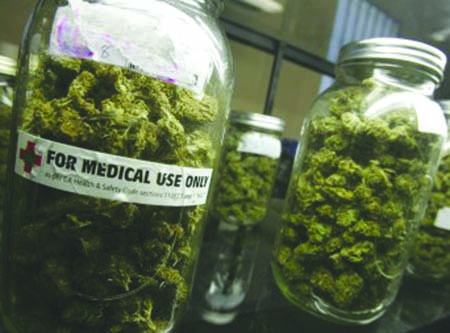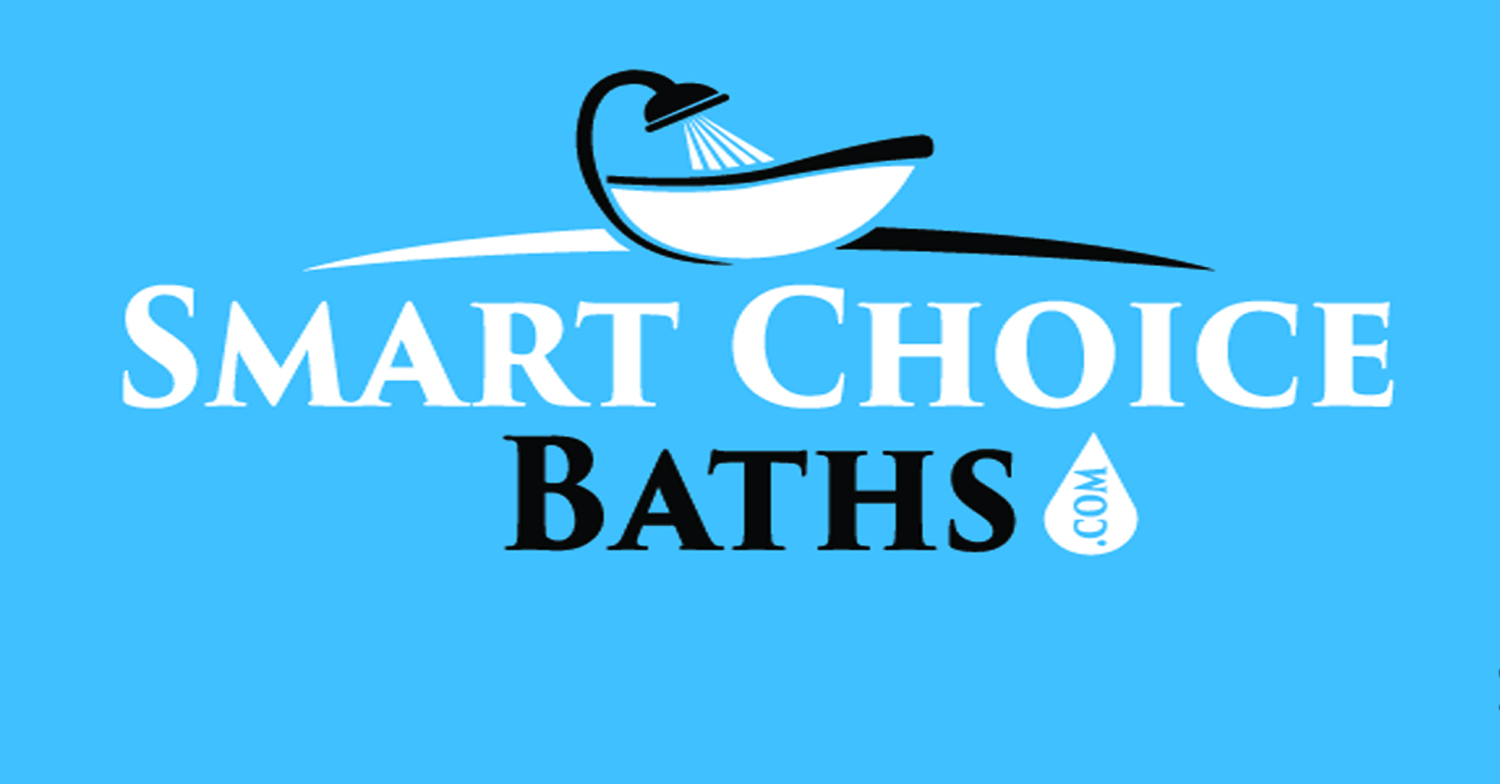On June 8, Ohio Governor John Kasich signed House Bill 523 into law, making Ohio the 25th state to adopt a medical marijuana law. With that, local communities have been placing a moratorium on that law, in order to review it and see how it may impact their communities.
North Royalton Mayor Bob Stefanik recently said that North Royalton will do the same, and introduce a measure that would place a moratorium on the bill, in order to allow city leaders and the city’s law department, opportune time to research the bill and its potential impact on the city. House Bill 523 was introduced last April by Tipp City Representative, Stephen A. Huffman. The measure passed by the Ohio House of Representatives on May 10, then passed in the Ohio Senate on May 24. The bill revises the Ohio Revised Code, authorizing the use of marijuana for medical purposes only and establishes a Medical Marijuana Control Program in the state’s Department of Commerce and the State Board of Pharmacy. The department will provide for the licensing of cultivators, processors and test laboratories of medical marijuana, as well as regulate and administer the program. The Board will provide for the licensing of retail dispensaries and patient/caregiver registration. A Medical Marijuana Advisory Committee has been created in the State Board of Pharmacy, consisting of pharmacists, physicians, law enforcement, and others, who will develop recommendations on the program and implementation to the Department of Commerce and State Board of Pharmacy. This will take place before next June.
House Bill 523 defines medical marijuana as “marijuana that is cultivated, processed,
dispensed, tested, possessed, or used for a medical purpose.” The qualifying medical conditions that qualify for marijuana use include: Acquired immune deficiency syndrome, Alzheimer’s disease, Amyotrophic lateral sclerosis, Cancer, Chronic traumatic encephalopathy, Crohn’s disease, Epilepsy or another seizure disorder, Fibromyalgia, Glaucoma, Hepatitis C, Inflammatory bowel disease, Multiple sclerosis. It also includes pain that is either of the following: Chronic and severe, Intractable, Parkinson’s disease, Positive status for HIV, Post-traumatic stress disorder, Sickle cell anemia, Spinal cord disease or injury, Tourette’s syndrome, Traumatic brain injury, Ulcerative colitis and any other disease or condition added by the state medical board under section 4731.302 of the Ohio Revised Code.
The Ohio law takes effect September 8. Although communities cannot prohibit patients from using marijuana that has been prescribed by a doctor, it does have a say in the sale, processing and cultivation of it. It has been reported that Broadview Heights and Brecksville are also looking into a moratorium. Lakewood has already instituted a moratorium.
By GLORIA PLEVA KACIK
Contributing Writer














